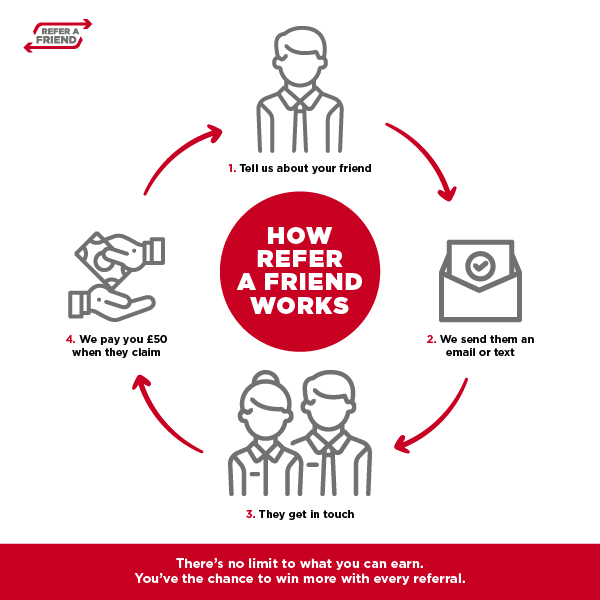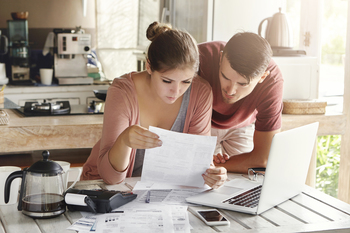How do new HMRC rules affect online marketplace sellers?
Tuesday 30th January 2024
The latest analysis by finance experts, RIFT, reveals that new HMRC regulations around online second-hand marketplaces will make it easier to make high-earning sellers and ‘traders’ pay the tax they owe on their profits, but that the general, casual marketplace seller is unlikely to be impacted by the change.
HMRC has announced that it will start doing more to go after people who make large sums of money by selling goods on secondhand marketplaces such as Vinted, Preloved, and Facebook Marketplace. This announcement has led to widespread panic that anyone who sells old or unwanted items via these platforms will be slapped with a tax bill, no matter how meagre their earnings.
However, RIFT’s analysis of the upcoming changes reveals that the new rules are unlikely to impact the average person who is selling through marketplaces. Instead, HMRC is clamping down on those who make such large sums of money by selling through online marketplaces that they can be deemed ‘traders’, and those who are manufacturing products with the intent of selling them to turn a profit.
What do the changes mean?
The government has not introduced a new tax. It has simply said that the operators of online marketplaces must automatically share some user income data with HMRC.
Anyone who earns more than £1,000 selling unwanted items via online marketplaces may be required to declare the income to HMRC and pay tax on the earnings, depending on whether or not they are considered to be a ‘trader’ or not.
If you are considered to be a ‘trader’ - which means you earn high amounts by selling through marketplaces, manufacture goods with the intention of selling them, or buy goods with the intention of selling them on, you are a ‘trader’ and will likely have to pay tax if you earn more than £1,000 in a year.
Am I a casual seller or trader?
HMRC is looking to differentiate between sellers and traders, targeting only the latter to pay tax on their earnings. To help people understand the difference between sellers and traders, the government has issued some example case studies.
Casual seller
If you’re clearing out your wardrobe or attic and selling your unwanted items through an online marketplace, and if you’re doing this as a one-off exercise, you are unlikely to be considered a ‘trader’ by HMRC and won’t therefore need to pay any tax on your earnings.
Trader
Traders are those who are making so much money selling through online marketplaces that it might be considered an actual income. But HMRC is also interested in the intent behind selling on these platforms. Are you looking to get rid of items and the money is a happy byproduct? Or are you intentionally targeting a profit?
If you are, for example, buying charity shop clothes with the intention of selling them on Vinted, you will be called a trader.
If you are importing old cameras, fixing them up, and then selling them on, you are a trader.
If you are making greeting cards and selling them with the intention of making profit, you are a trader.
It’s not only products that are sold through online marketplaces, service providers often use them as well. If, for example, you’re a guitar teacher and you sell lessons through a marketplace, if it is a regular activity that you earn money from, you will be considered a ‘trader’ and will need to pay tax on your earnings.
How much tax might I have to pay?
According to Vinted’s Chief Executive, Thomas Plantenga, sellers make an average of £150 a month through selling clothes on Vinted.
This is equivalent to earning £1,800 per year, which, when combined with the average UK salary of £35,404, creates an annual income of £37,204.
With this income, you can expect to pay income tax of £4,927 per year, which is just £360 more than you would have paid without the additional Vinted income.
Furthermore, after tax your profit from Vinted will still be £1,440. However, what most people fail to realise is that they will need to complete a self-assessment for their additional income and failing to do so can see them slapped with an additional fine of £100, as well as interest on late payments.






